This Sunday Russia carried out the second-largest missile attack of the war. 16 Tu-95, 6 MiG-31, 4 Tu-22M and 6 Tu-160 took to air and together with vessels from the Black Sea launched 120 missiles. The largest ever was 122 missiles. It was the first time in over a year that the scarce and high-maintenance Tu-160s were rolled out for a combat mission.
The attack targeted Ukraine’s power grid and power plants. Russia started bombing Ukraine’s power grid in September 2022, under Surovikin, after the humiliating defeat in Kharkov was answered with an overdue mobilization, and annexation of Zaporozhye and Kherson (the latter of which was then promptly abandoned).
Especially in the initial six months the Russian campaign was relentless in hitting and downgrading the Ukrainian grid, but generation (actual power plants feeding it) were not touched. (Damage to transmission causes immediate effect (blackouts) but is quicker and cheaper to reverse than damage to generation.) This changed in March 2024 when a systematic strike campaign was unleashed against power plants which has since destroyed most of Ukraine’s thermal generation and somehwat set back its hydroelectric generation. (Nuclear generation hasn’t been touched.)
Even so, before the Sunday’s massive attack there had not been a Russian missile strike on a power plant for two months (there were some drone strikes on the grid), raising the question if Russia was stockpiling missiles or if there was some wheeling and dealing taking place.
It may have been both. Ukrainian sources told The Financial Times that talks on mutually halting strikes on energy were restarted last month, but that they were again suspended last week.
The same sources previously reported that just such a deal in fact existed during the 2023-24 winter, but was discontinued by Ukraine in early 2024 to restart drone strikes on Russian refineries. This fits neatly with the restart of Russian campaign in March, but this time also including power plants.
Owing to Soviet legacy Ukraine entered the war with a great deal of power-generation overcapacity. It could generate 32 GW but only required some 20 GW. With the loss of more territory, population exodus, and economic contraction caused by the war, demand fell further to 12 GW. This is a need that between 10 GW of remaining generation capacity and 2 GW of import capacity is just about being met. In winter the demand rises to anywhere from 15 to 18 GW.
The generation capacity decline from 32 GW to 10 GW is steep, but is partly also the result of several power plants in the industrial east falling to Russia in 2022, including the enormous 5.7 GW Zaporozhye NPP, the 2.8 GW Zaporozhye TPP, and the 3.6 GW Uglegorsk TPP.
With the Russian campaign having systematically dismantled coal-powered generation over 2024, nuclear power now provides over 80% of electricity in the country.
At the same time, nuclear generation has never been targeted. A nuclear power plant isn’t something that can be safely bombed, but an attempt to prevent them from feeding the grid has also not been made.
The four remaining Ukrainian NPPs connect to the grid via just 10 power stations. The loss of these would effectively de-electrify the country until they were restored. (Inability to transmit generated power would also trigger an automatic emergency shutdown of NPPs.) These too have not been targeted. (Generation in NPPs was dialed down Sunday but that is because of damage to transmission much further down.)
The loss of nuclear power would spell an enormous humanitarian disaster, especially in winter, and especially in the residential high-rises reliant on district heating. It would plunge millions into misery and possibly cause another refugee wave.
It would also shut down Ukraine’s armaments industry, and stretch EU financing. The EU has kept Kiev in the war with the injection of €88 billion in financial aid so far. Another €50 billion is pledged through 2027. More is coming in via loans. The economic crash caused by the loss of nuclear power generation would send Kiev’s need for outside financing to stay in the fight sky-high. The EU would either have to take on an even greater financial burden, or the war’s trajectory would shift sharply to Russia’s advantage.
Why hasn’t Putin taken the NPPs offline? I do not have this information. A de-electrified Ukraine would spell massive suffering, that is correct. The staggering 250,000 combined dead in this war also represent a great deal of human suffering and tragedy. Why one is something the Kremlin can live with but the other is not, is not something I’m privy to.
Putin didn’t meaningfully engage in strategic bombing until September 2022, didn’t touch power plants (sporadically a few were lightly damaged, but nothing systemic) until March 2024, and in late 2023 he even agreed to mutually make energy infrastructure off limits. (A deal wildly favorable to Ukraine which barely had any long-range firepower at the time.) Indeed he was reportedly close to returning to this deal this summer, when Ukraine’s surprise ground offensive into Russia fouled his mood again.
I believe there is one thing that could prompt Putin to start leaning into this nuclear option. And that is if the US attempts a strategic bombing campaign via proxy. The decision to expand ATACMS and Storm Shadow strikes into western Russia has been justified by the White House by military necessity to help Ukraine hang on in Kursk. But strikes on ammo depots and airbases aren’t what keeps Putin awake at night. The Russian military will adapt and soldier on, and he hasn’t ever been very protective of the military anyway. But strikes on economic targets are something else entirely. Russian refineries and power plants going up in smoke under US missiles is something that would undermine him, not the army. That’s a completely different proposition.
The wartime social contract Putin offers to the citizenry is that the conduct of the war is solely up to him, and only he gets to define success. It’s a kingly not a national war and he answers to nobody. However, in turn the citizenry is not affected by his war in a major way. (Unless you live in Kursk.) He has been so determined to maintain this bargain that he has shot down multiple requests by the army to mobilize. To now have this social contract shredded from the outside would I think unacceptable to him, as it would threaten his own power in a way that the daily meatgrinder does not.
It is for this reason that Putin’s warning in September against the expansion of missile strike into western Russia was qualitatively different from any other warnings in the past. And if NPPs ever do become a target we can only pray for the sake of the Ukrainian citizenry it is spring and not winter.


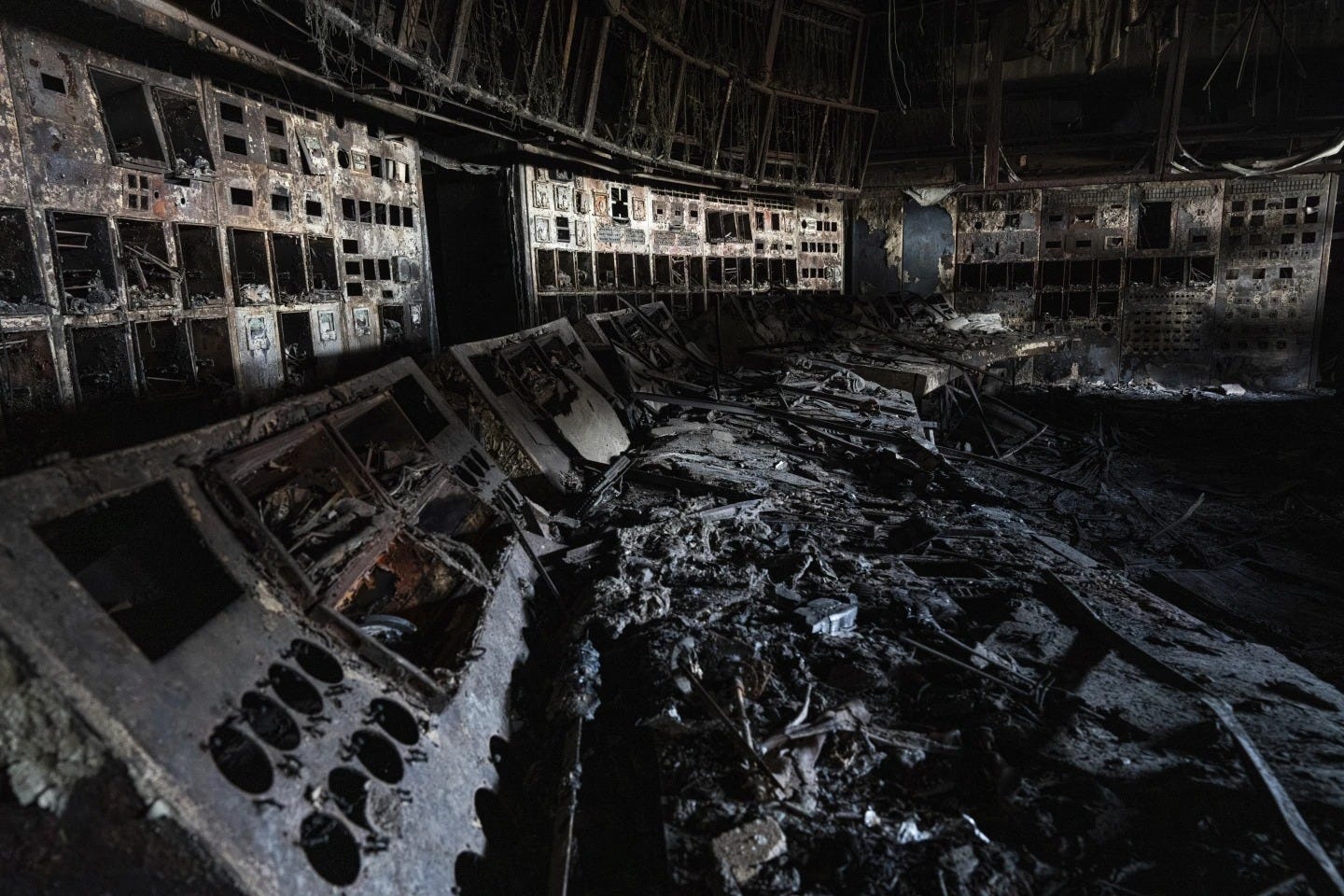
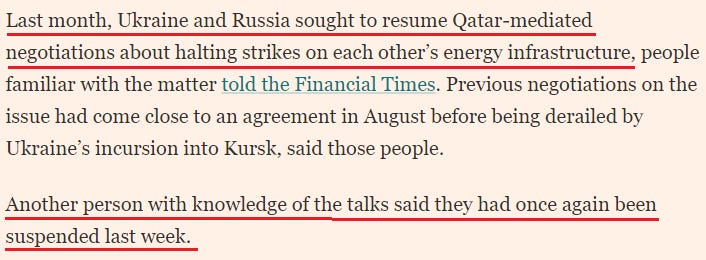
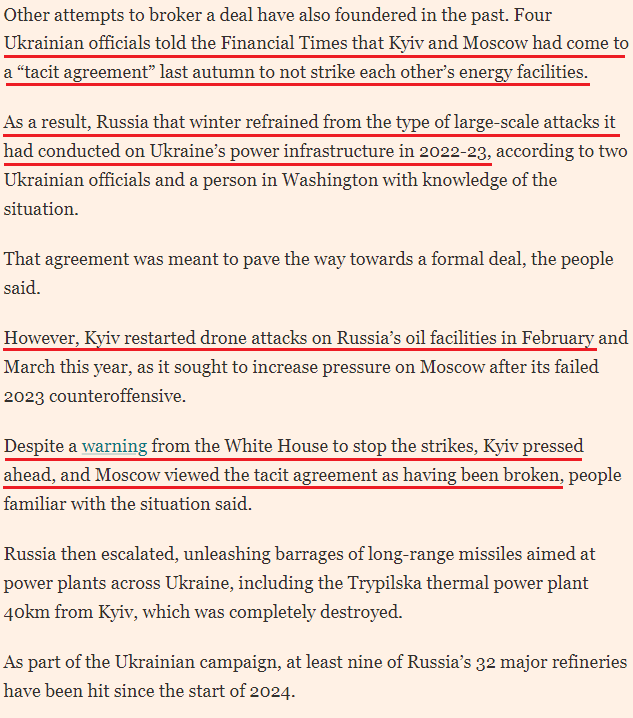
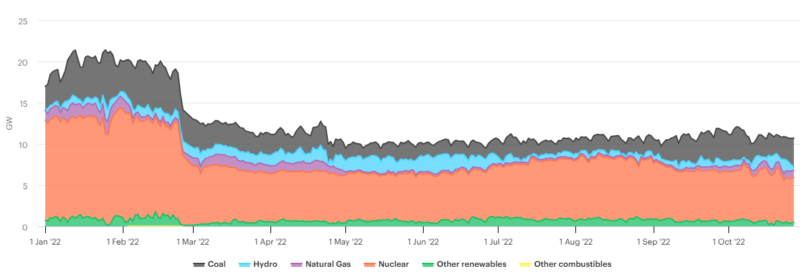


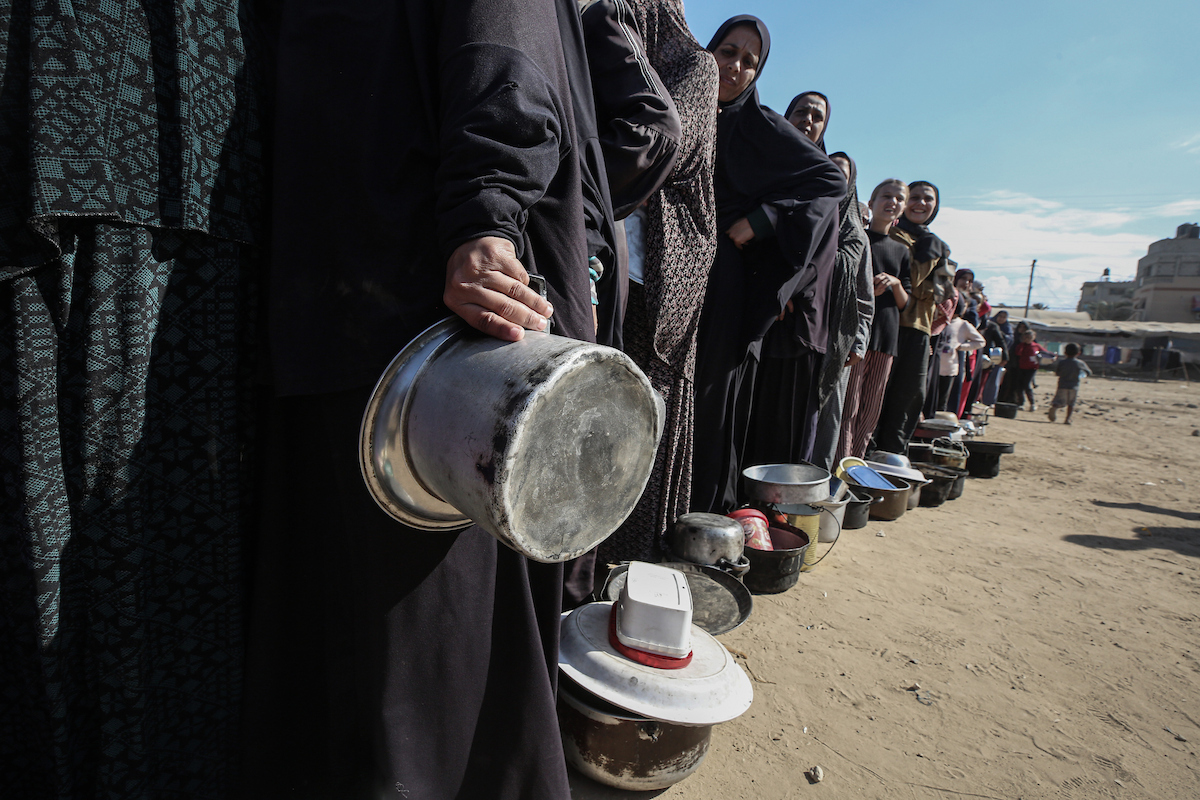

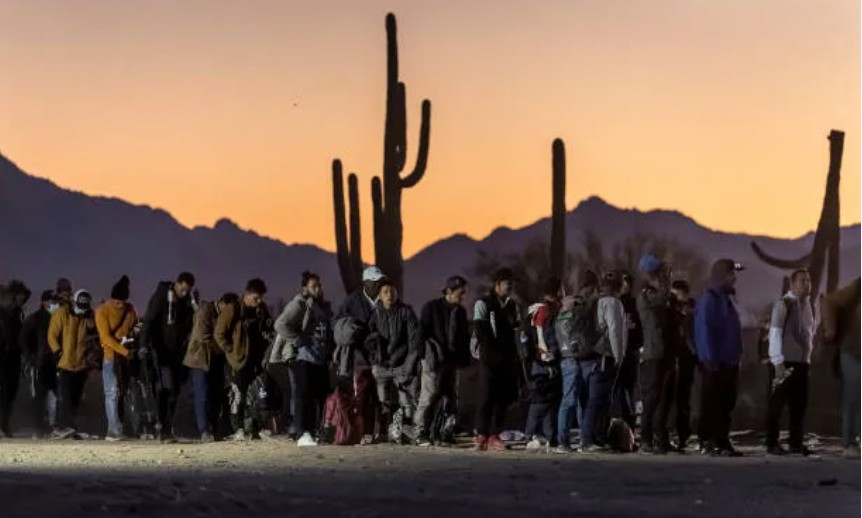
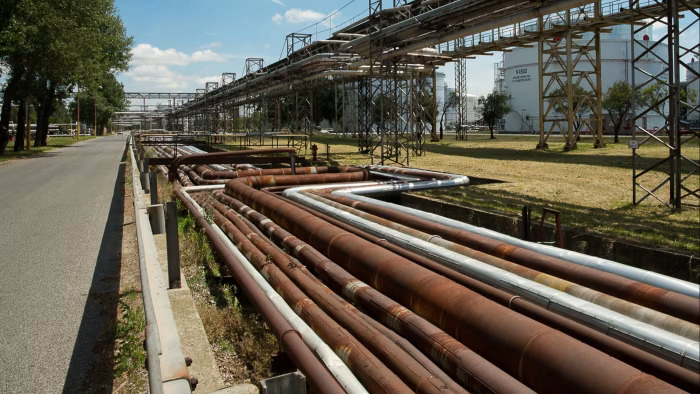


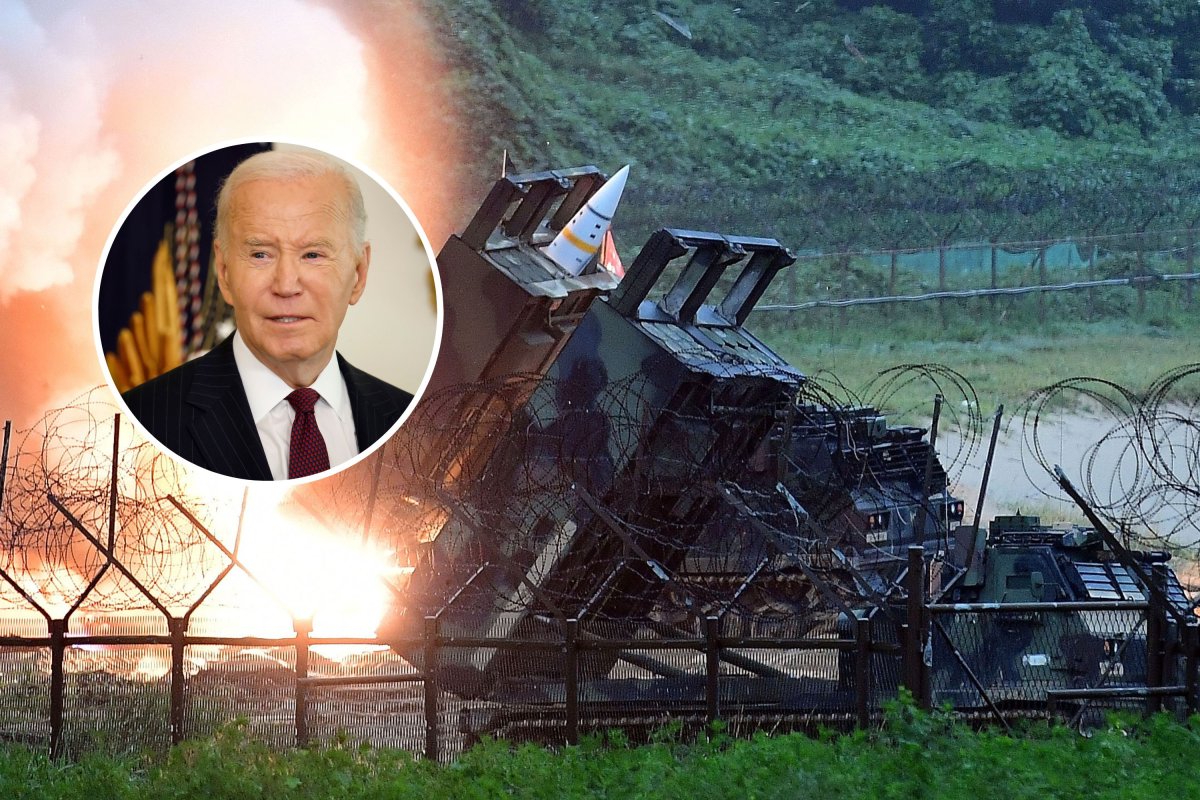

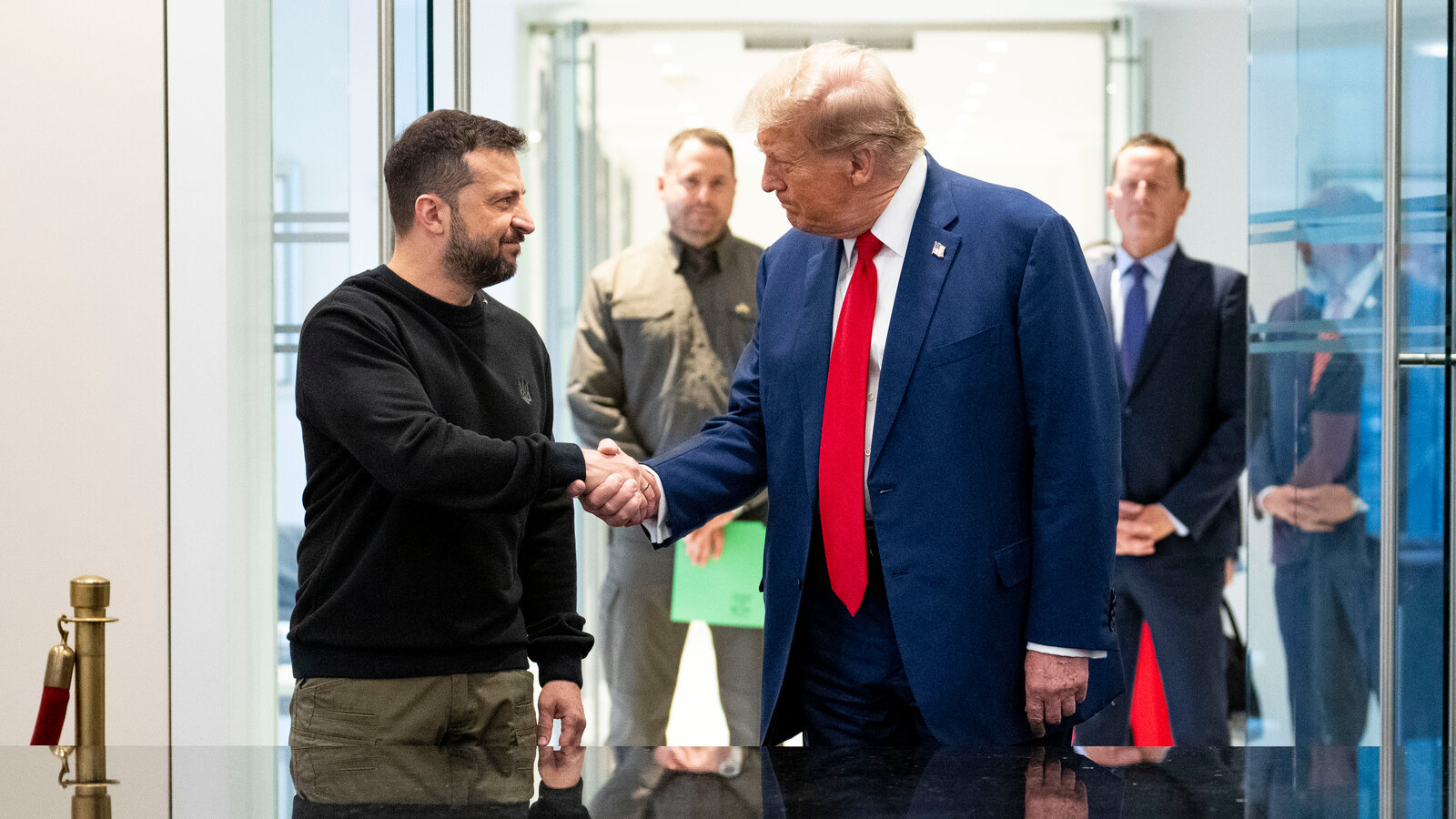

No comments.
By submitting a comment you grant Free West Media a perpetual license to reproduce your words and name/web site in attribution. Inappropriate and irrelevant comments will be removed at an admin’s discretion. Your email is used for verification purposes only, it will never be shared.